Burundi’s President Evariste Ndayishimiye has said he is in the dark over whether the embattled former head of the country’s top human rights body (CNIDH) has fled the country, following a storm of corruption allegations and internal infighting.
“I didn’t know whether he had fled,” Ndayishimiye said during an exclusive interview with French public broadcaster France 24 on Wednesday. “If people are traveling, we can’t stop them. If they go through the international airport, that clearly shows they’re not worried about anything.”
His comments come amid growing controversy surrounding Sixte Vigny Nimuraba, the now-former president of the Independent National Commission for Human Rights (CNIDH). Nimuraba is accused of gross financial mismanagement and fostering dysfunction within the institution meant to safeguard rights in the country.
Parliamentary Speaker Gelase Daniel Ndabirabe, however, did not mince words earlier this week, telling lawmakers that Nimuraba had indeed fled the country—apparently fearing prosecution over an ongoing embezzlement probe.
“I heard people saying the former president of CNIDH had fled,” Ndabirabe told MPs during a plenary session. “I suspect he was frightened by the financial report he submitted and the accusations raised during the investigation. He may have realized that if he stayed, he risked being arrested and tried.”
Ndabirabe said the Commission had presented its annual performance report but sidestepped delivering the financial report until the very last minute—handing it in hours before the parliamentary session without offering any clarification.
That delay appears to have further deepened lawmakers’ concerns, especially in light of a damning letter sent in March by three CNIDH commissioners. In it, they accused Nimuraba of concentrating power, marginalizing fellow members, and running the Commission like a personal fiefdom.
They claimed that of the more than BIF 1.1 billion allocated to CNIDH last year, only a small portion was actually spent on human rights work—8.5% on protection activities and 11.8% on promotion. Meanwhile, a staggering 62.3%—roughly BIF 476 million—went to foreign travel, and another 17.4% was funneled into vehicle repairs, some reportedly linked to a garage associated with Nimuraba’s close contact.
Calling the situation “alarming,” the commissioners urged the National Assembly to demand Nimuraba’s resignation and launch an independent audit into the Commission’s finances.
“There are serious issues within CNIDH,” Speaker Ndabirabe said bluntly. “They kept creating blockages on their own. We even tried giving them guidance—but after a week or two, things would fall apart again.”
Toxic Atmosphere and Failed Mediation Efforts
The president of the National Assembly described a toxic internal atmosphere within the Commission, saying: “There seems to be a kind of hatred among commissioners. How is it possible that people working in the same institution harbor such animosity toward one another?”
Despite several attempts by the National Assembly to mediate and restore order within the Commission, the internal conflict reportedly continued unabated.
Following the latest revelations, Parliament has called for new applications to fill vacant positions within CNIDH. It remains unclear whether this includes the chairmanship, now seemingly vacated by Nimuraba’s reported departure.
President Ndayishimiye, meanwhile, defended his administration’s record on human rights, brushing off criticism from international observers.
“My fight today is against impunity,” he said. “Whenever a crime is committed, investigations follow, and justice is served—even when it involves law enforcement officers.”
Asked about repeated allegations of repression by human rights organizations, the president was defiant: “If Amnesty International has any cases, let them show them to us.”

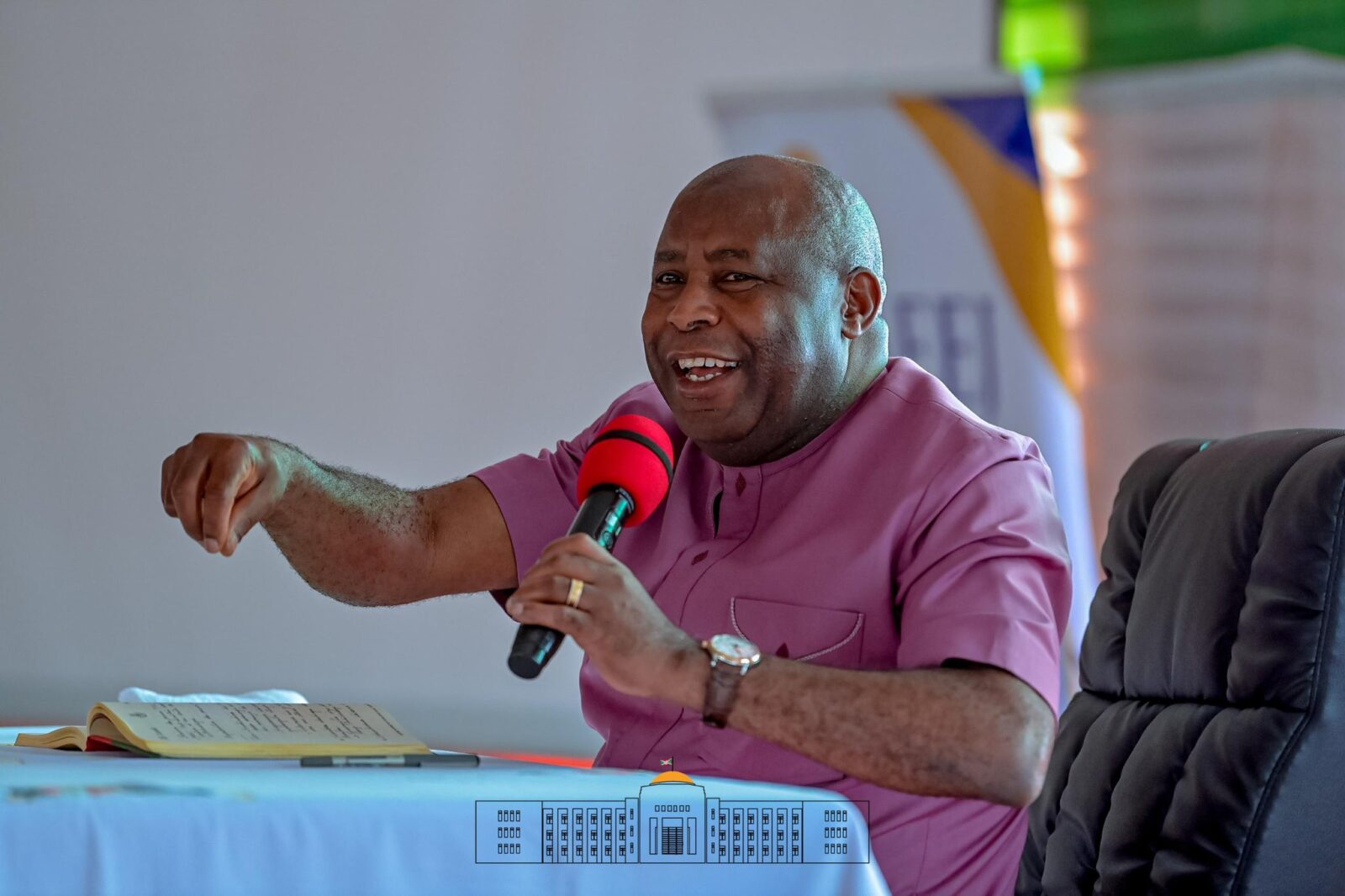
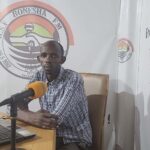
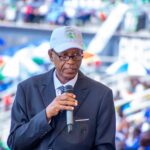
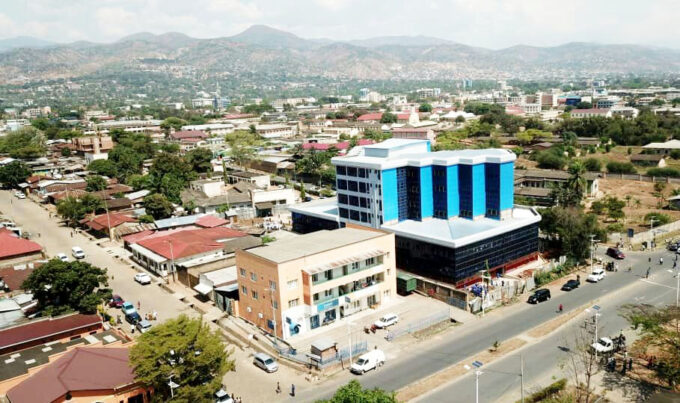
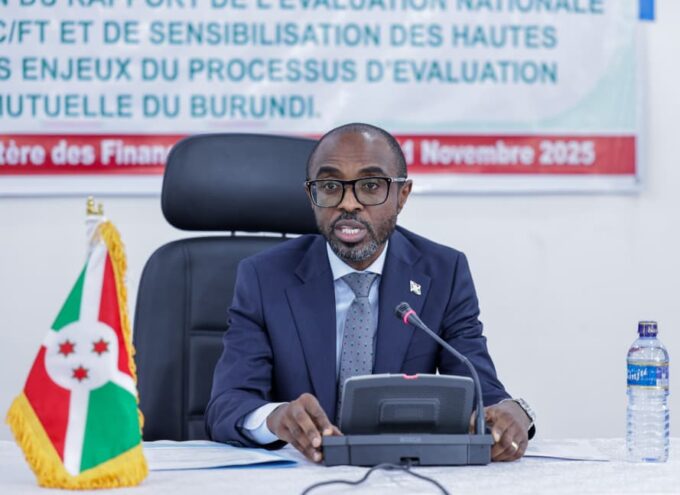
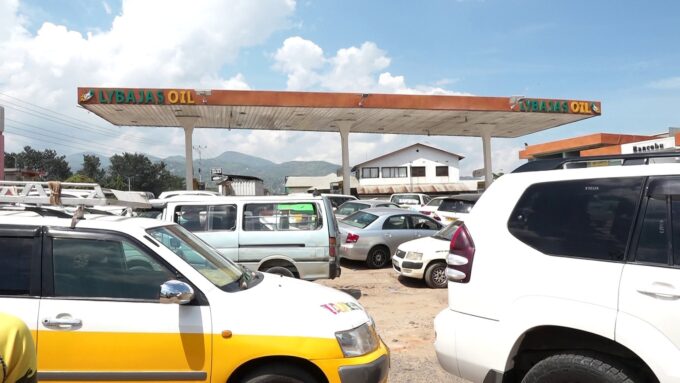
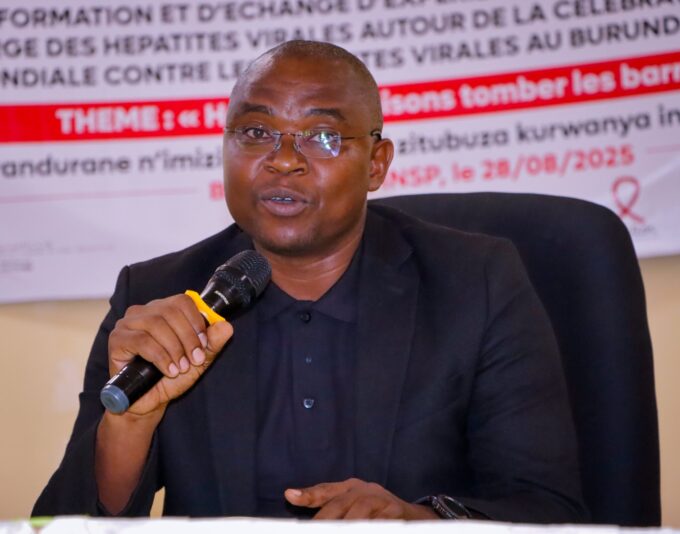
Leave a comment